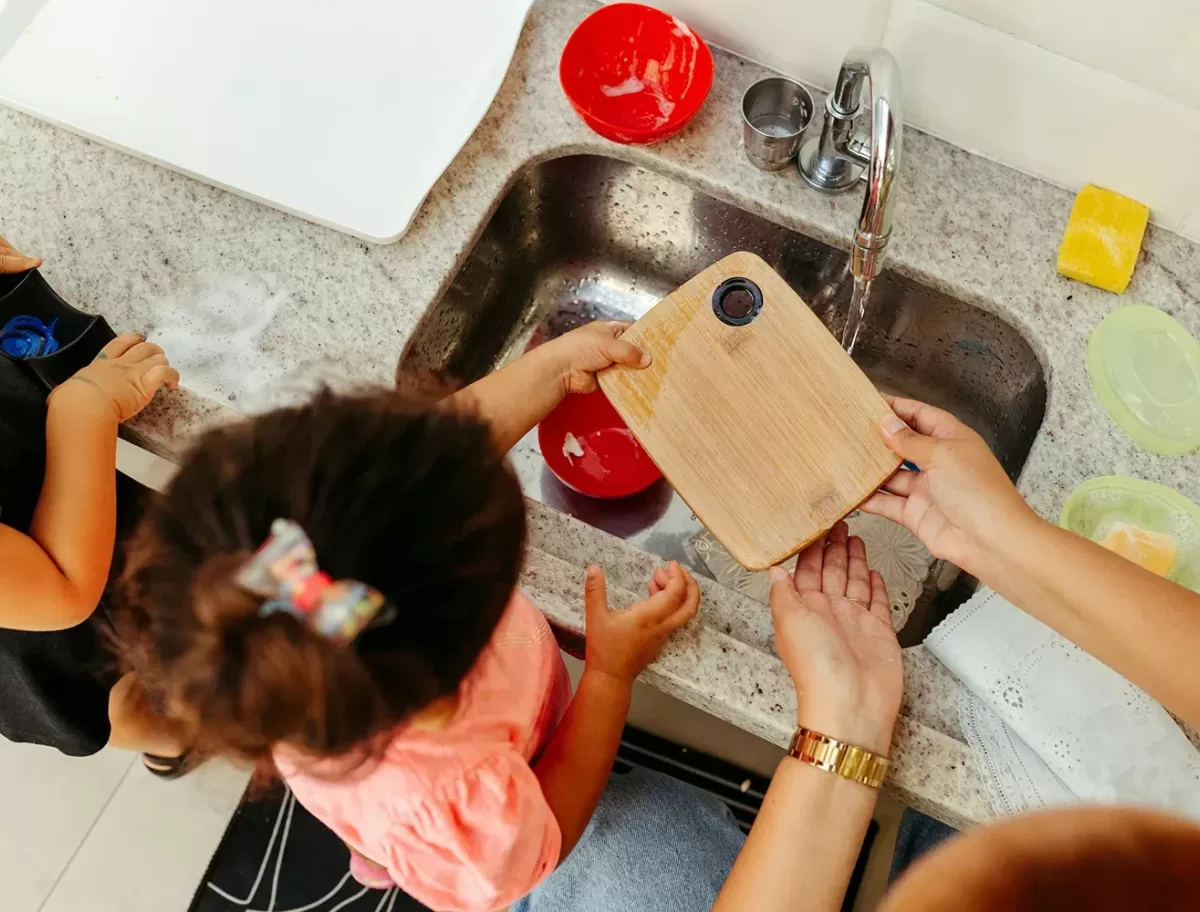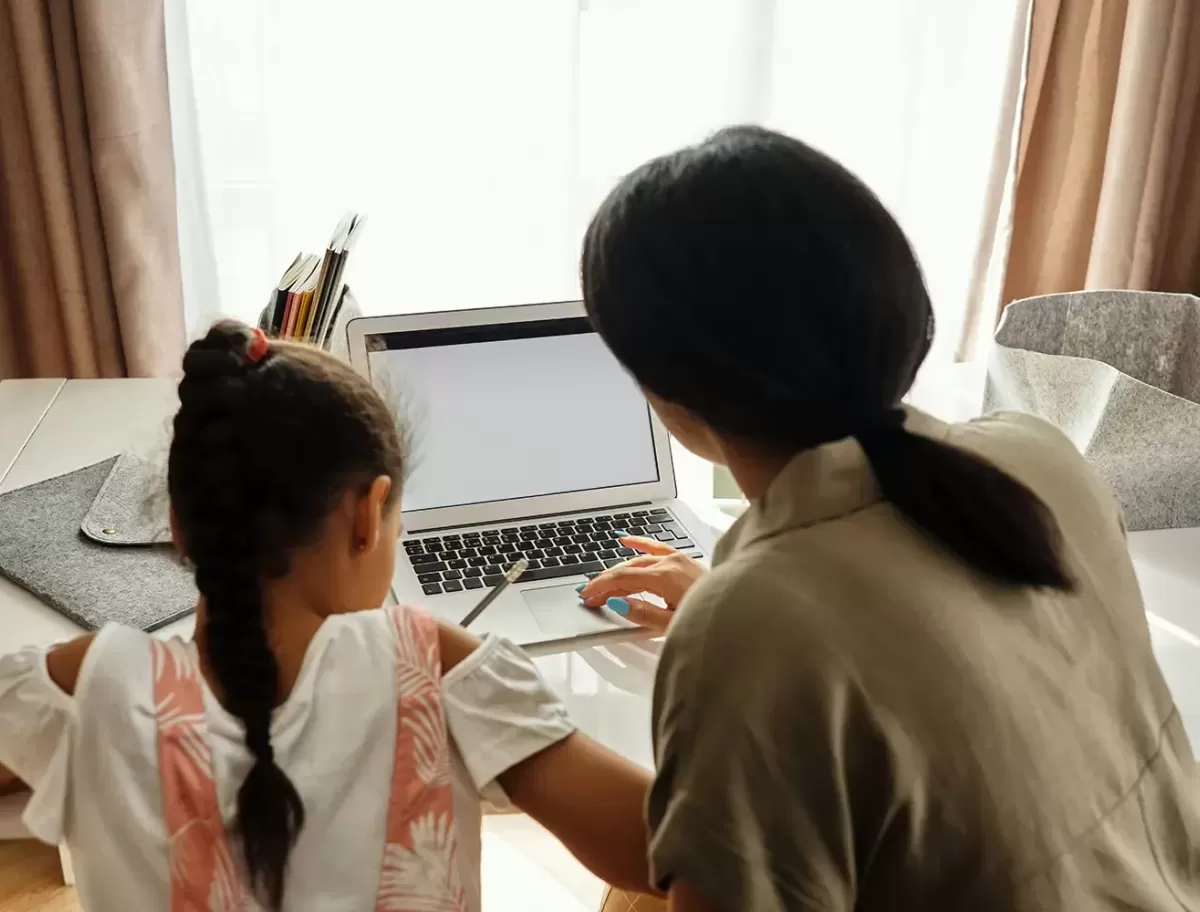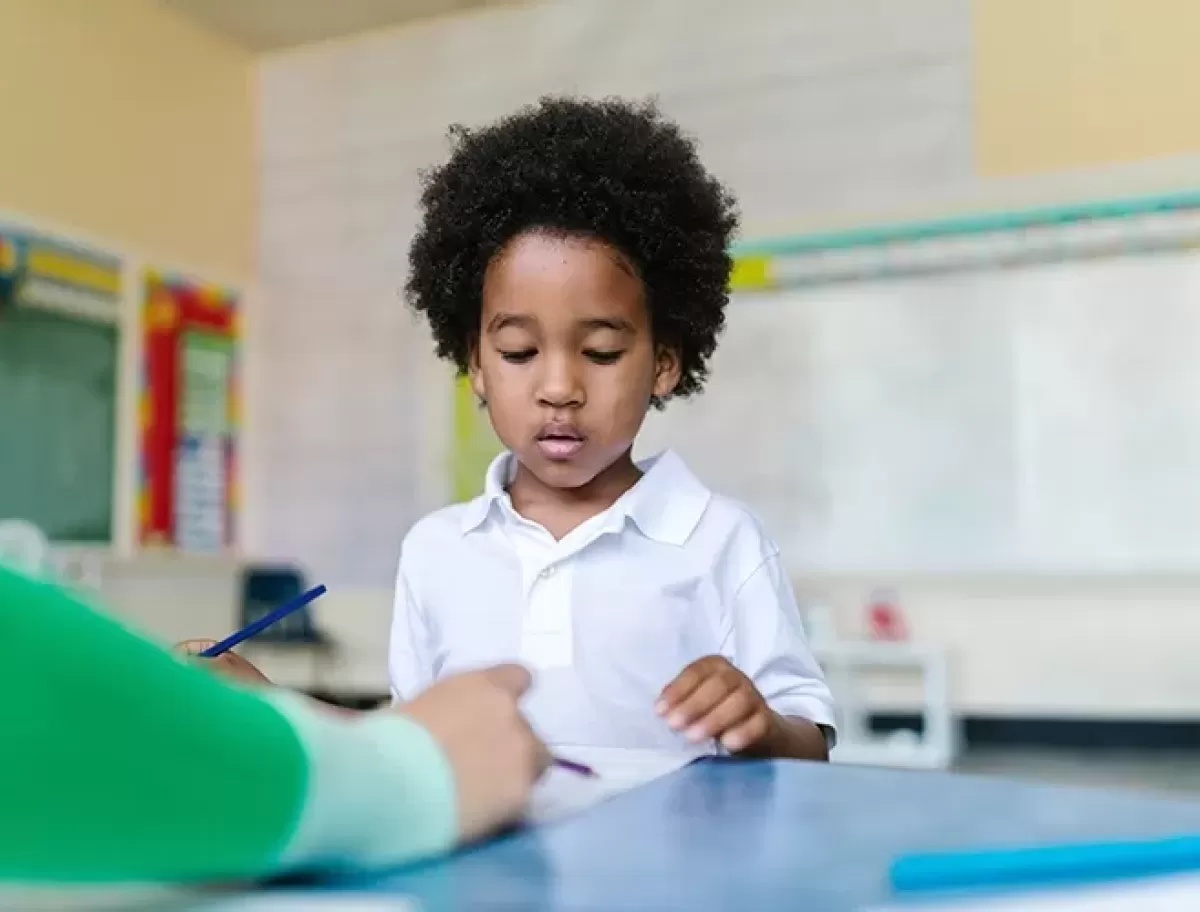Recent press highlights
To discuss any of these features in greater detail, get in touch with our team today.
Contact usLondon’s best nursery schools
What is an education consultant?
How to apply to UK private schools from abroad
Pivoting the plan: seeking alternatives to US higher education
London’s private members' clubs for children
How private tutors benefit university students
All about après ski school
London’s best sixth form colleges
Why does September feel like the start of a new year for adults too?
September's 'back-to-school' buzz isn't just for students—adults feel it too. Discover how the academic calendar's influence and seasonal changes inspire many to reset personal and professional goals, with expert insights from Quintessentially.
Expert advice for a smooth start to the new academic year
Prepare your child for a successful school year with expert tips from Quintessentially Education's super tutor Aron Penczu and homeschool specialist Anita McCullough.
Back to school: key test dates this autumn
Is a travelling tutor the key to unlocking school-life balance this summer?
Why one-to-one tuition is the secret to scholarly success
Working with a tutor can reduce stress and increase exam performance – here’s how.
2026 summer camp recommendations
The ABCs of education advising: a call for industry transparency
Families must be fully informed when choosing to work with an education agent or consultant. Here’s why – and how – we adopt an ethical approach to education advising.
How to get ahead this term
Don't let students fall behind this term – here are some tips to best balance academics with fun and wellbeing to stay ahead in school.
The power of early exam prep
Après ski or après school?
Don't let children fall behind in school over the holidays – consider employing a tutor to assist with lessons to keep them up-to-date.
11+ Entry: Are senior schools moving away from school-specific entrance assessments?
Instead of issuing their own exams, many schools introduce independent multipurpose assessments to ease stress on students.
Rethinking Education: top London independent school moves away from traditional GCSEs
Top London independent school, Latymer Upper School, paves the way for a new path instead of traditional GCSE exams.
The changing landscape for UCAS & Oxbridge admissions
How to apply for the best nurseries in the UK
UK university applications: how to prepare this summer
Mindfulness for students
SAT & ACT: When is test-optional actually optional?
To write or not to write: how will AI and STEM impact literature studies?
Easter revision tips from a private tutor
New year, new term: education deadlines in January 2023
ISEB common pre-test: a simplified guide
Oxbridge applications: a simplified guide
Practical back-to-school tips
Summer exam study skills
How to choose a London nursery
How to prepare for the 11+
A Guide To US Undergraduate Application Submission Options
The Benefits Of An Academic Mentor
Deciding Between IB And A-Levels
Children’s Easter Camps 2021

Stay in the know
Sign up to receive our termly edit of everything education, from test tips and tutor interviews to deadline reminders and application advice.
By signing up to the newsletter you confirm you have read & agree to the Privacy Policy.























































